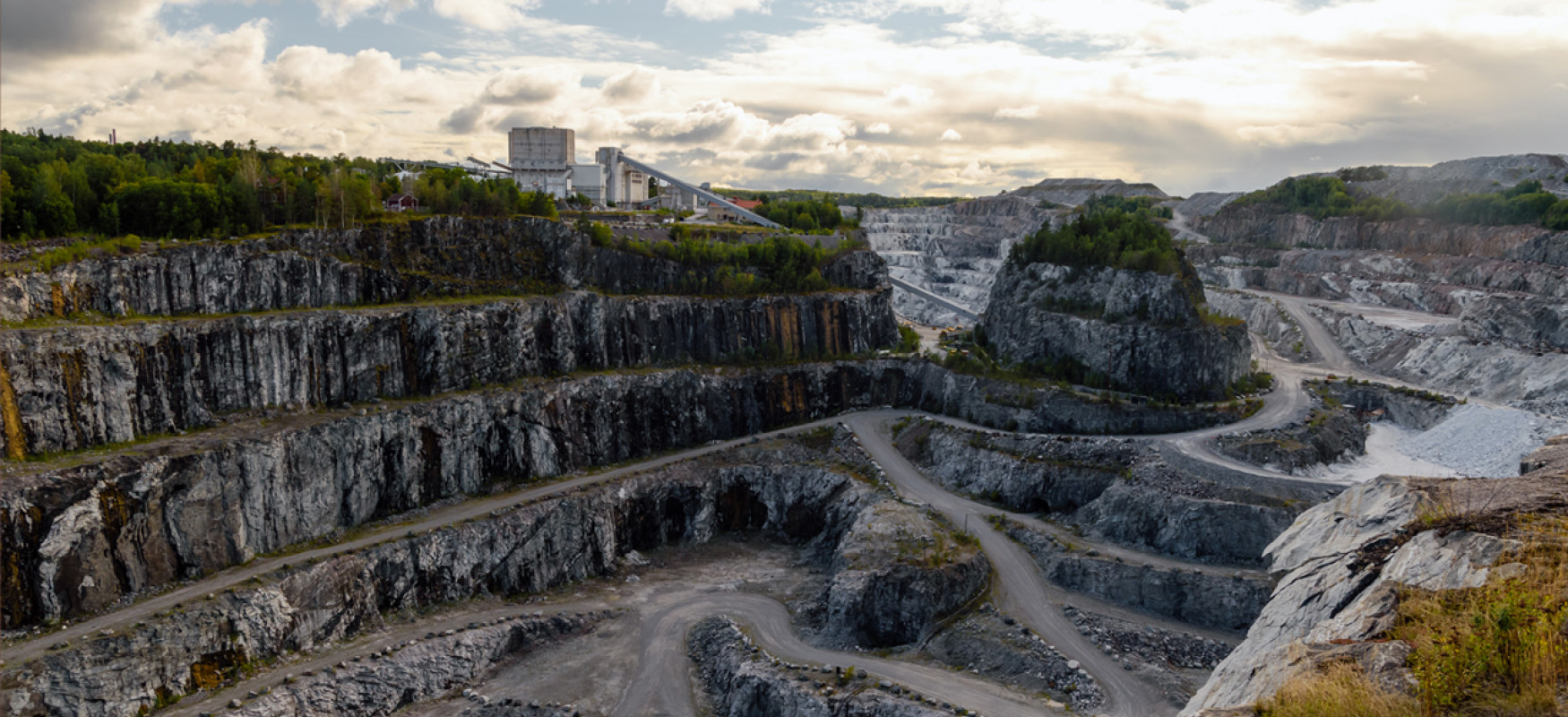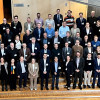The Critical Raw Materials Act, developed by the European Union, aims to strengthen all stages of the critical raw materials value chain by diversifying imports, reducing strategic dependencies, improving capabilities to monitor supply risks, and enhancing circular economy and material sustainability.
List of critical raw materials
The European Union has identified critical raw materials that are of high economic importance to Europe and carry a high risk of supply disruption. The regulation names a total of 34 critical raw materials, of which 17 are also strategic. Strategic raw materials are essential for the green transition, digitalization, and defense industry needs.
Ambitious targets and Circular Economy requirements
The regulation sets ambitious targets for strategic raw materials consumed annually within the EU by 2030:
- 10% should be mined within the EU
- 40% should be processed within the EU
- 25% should come from recycled materials
- the share of an individual state responsible for raw material supply should not exceed 65% in the future
The regulation states that Member States must present measures within two years of the regulation's entry into force to promote resource efficiency, including increasing the collection, sorting, reuse, substitutability, repair obligations of critical materials, and supporting research in the field. Operators must list generated waste, develop waste management plans, and work their way towards net zero waste thinking. Additionally, old waste sites must be identified and mapped, and their data collected in a separate database.
Read more about The EU Critical Raw Materials Act (GTK)
The Nordic countries as pioneers
The EU uses over 20% of all metals consumed globally but only produces a few percent. Transitioning to a more responsible society requires significant increases in the production, processing, and recycling volumes of rare earth metals, lithium, cobalt, aluminum, and copper.
The Nordic countries have long experience with the mining industry. Also, due to the geological features of the region, there is a high prospectivity potential for critical raw materials.
Finland is currently the only producer of cobalt and platinum group metals in Europe, and about 10% of the world's cobalt is refined in Finland. In Talvivaara, battery chemicals are produced in their own production facility, and there are plans for Europe's first lithium-producing mine and battery-grade lithium hydroxide refining plant to open in Kaustinen.
Significant rare earth occurrences can be found in the Nordic countries, such as Greenland, Norway (not an EU-member state), Sweden, and Finland, but these are not yet in production. Norway mines significant amounts of titanium and graphite with hundreds of years of experience. In addition, Finland and Sweden also have copper and nickel producing mines.
Many factors speak for European responsible production, including education, safety, and environmental aspects that are particularly well addressed in modern Nordic mines and production chains. Emphasis is placed on the competence and well-being of workers, and the perspective of supporting biodiversity is already integrated into the planning phases of mining and processing projects.
Today, working in a mine is as safe as in other sectors of society, and not all workers in mines are men. As an example, the majority of dump truck drivers at Sweden's Aitik mine are women.
The mining sector in the Nordic countries is modern, diverse, and reliable employer, which operations are not season dependent.
Read more about The EU Critical Raw Materials Act (GTK)
Leading in sustainable mineral production
Through the Sustainable Minerals program, Nordic Innovation is working towards the goal of making the Nordics a leading region within sustainable mineral production.
In relation to the launch of the Critical Raw Materials Act, Nordic Innovation supported an initiative investigating the possibilities for recycling of critical raw materials in the Nordic countries.
As a result, the report ‘Recycling of Critical Raw Materials in the Nordics’ describes potential measures and instruments that may be relevant for Nordic countries and territories as tools for hitting the critical raw materials recycling target set by the Critical Raw Materials Act.






